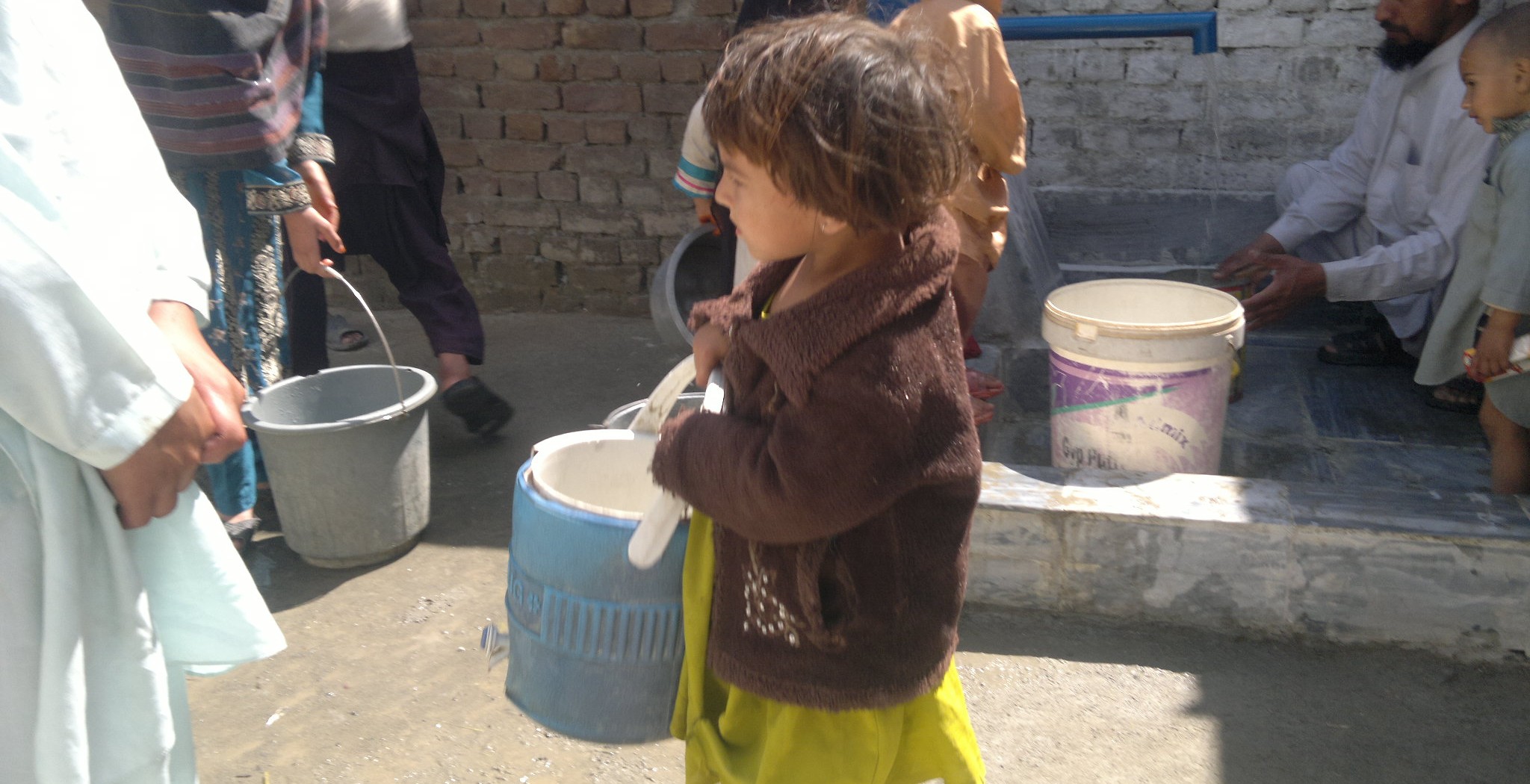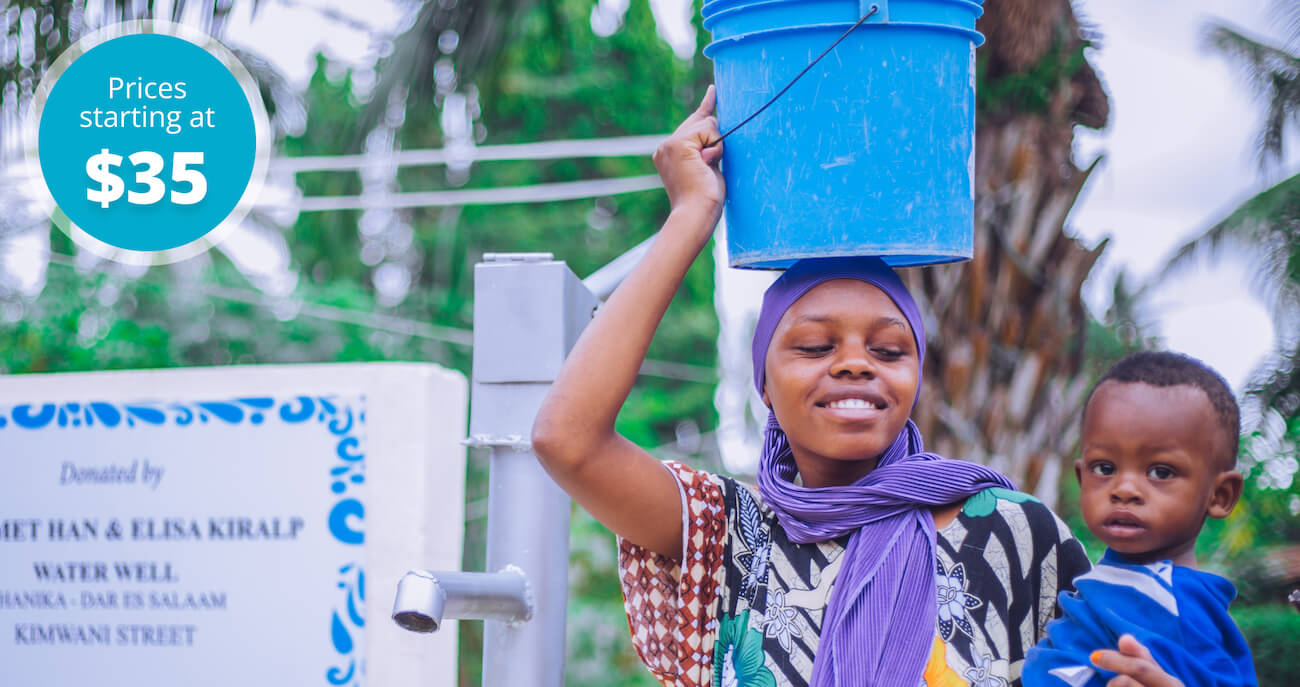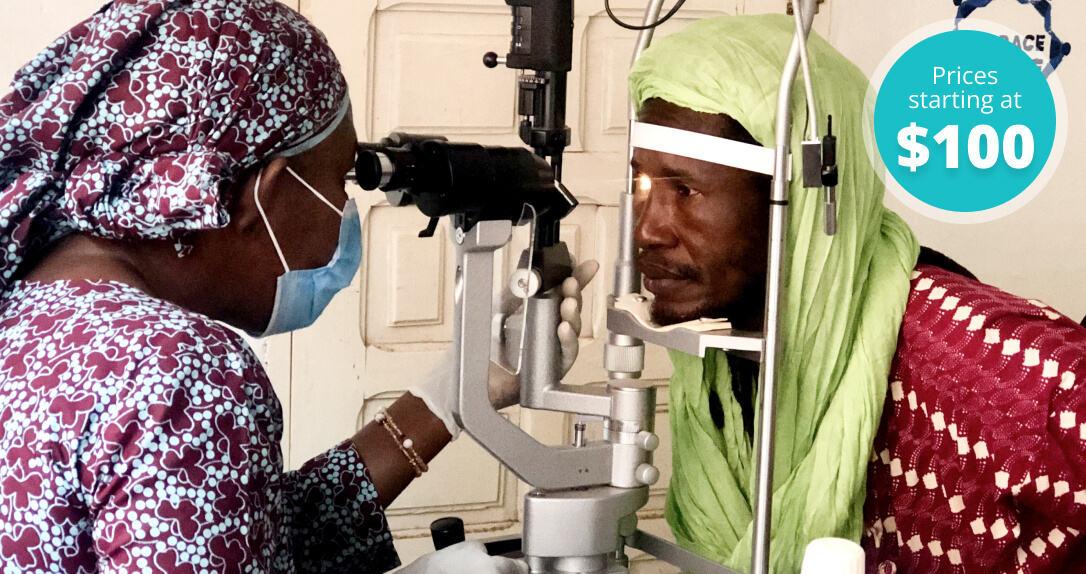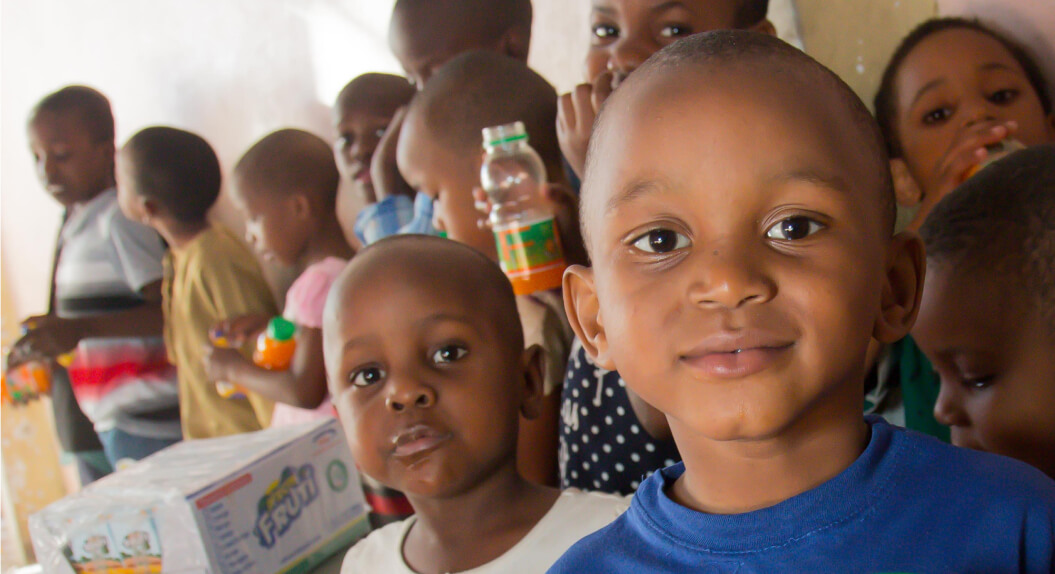
Clean water: A luxury in sub-Saharan Africa
Make a Year-End Impact with Embrace Relief!
As we head into the 2024 holiday season, you may be considering a charitable donation to help those in need. And there's no better place to make a real impact on the lives of real people than with Embrace Relief! Our Year-End Giving Campaign 2024 offers you three powerful programs to make your generosity count. Your gift can provide clean water, sponsor a cataract surgery, or provide critical care for orphaned children. Select the program you would like to support and make a life-saving donation today!
In the United States, having access to clean water is as simple as turning on the faucet. Across the country, Americans use, on average, approximately 82 gallons of water per day while at home. Water is so abundant that the average American family wastes an estimated 9,400 gallons of water per year. Water leaks from ineffective piping systems cause an additional waste of about 900 billion gallons of water nationwide each year. Even despite all of this waste, most Americans are usually within arms’ reach of clean water.
Because of this, it can be difficult to imagine what life is like for the 785 million people worldwide who do not have such access to clean water. Over half of these people are concentrated in sub-Saharan Africa, where groundwater is plentiful, but a lack of infrastructure means that safe, nearby drinking water is unavailable for most.
But where getting clean water in America is as simple as taking a few steps into the kitchen, in Africa collecting water is a time-consuming daily task, undertaken usually by women and children.
- The average water collection trip is approximately 33 minutes long in rural areas, and 25 minutes long in urban areas.
- But unlike in parts of the world where water is treated and filtered to protect the population, water collected in sub-Saharan Africa is often heavily polluted, containing harmful worms or bacteria, because it is located above ground in unprotected ponds, lakes, rivers or watering holes, or because it has been contaminated with sewage runoff.
- Drinking contaminated water leads to illnesses like typhoid fever, Guinea worm disease, dysentary, salmonella, Hepatitis A, and Hepatitis E.
- Water-related illnesses kill 3.4 million people each year, the vast majority of whom are young children.
While the United States can afford to waste billions of gallons of water each year, simply having clean water is a luxury in sub-Saharan Africa. Every drop counts.
Help Embrace Relief deliver clean water to people who need it
At Embrace Relief, we’re working to make clean water accessible to all, and we need your help.
Through our Clean Water Initiative, we have funded the construction of 450 new water wells, and the reconstruction of 50 pre-existing water wells, in the African nations of Cameroon, Chad and Nigeria. These wells are providing water to more than 500,000 people for at least the next five years.
Donating to Embrace Relief’s Clean Water Fund and our “Fountains of Hope” project is the single-best way to ensure that thousands of people will get the water they need.
But there are more ways for you to help Embrace Relief fight the clean water crisis. On Saturday, June 25, we will be hosting our inaugural H2Ow Far Can You Walk: 5K Walkathon at Liberty State Park in New Jersey. This family-friendly event is open to people of all ages and abilities, and will help raise awareness and money for building and rebuilding water wells in Africa.
Every dollar donated during our 5K Walkathon will provide more than 2,000 gallons of clean, drinkable water for those in need. For more information, and to register, click here. We look forward to having some fun in the sun with you as we help improve hundreds of thousands of lives.























